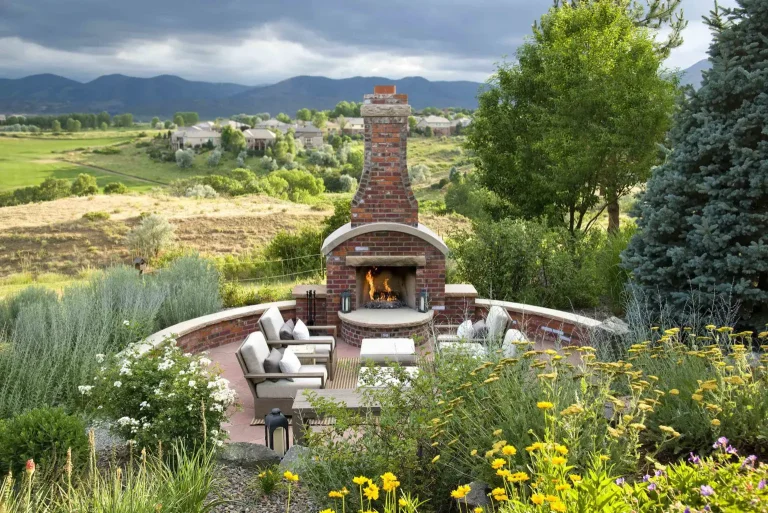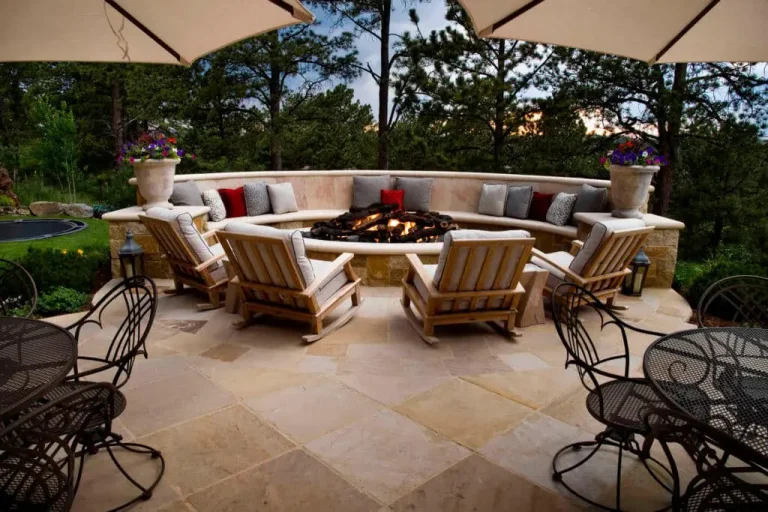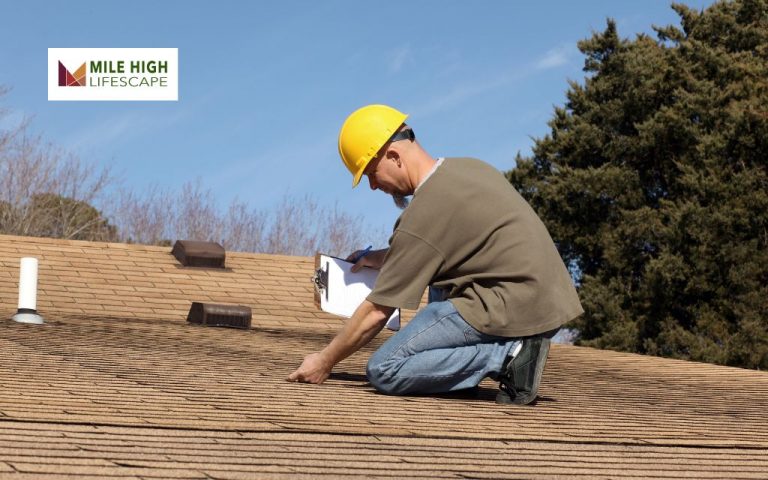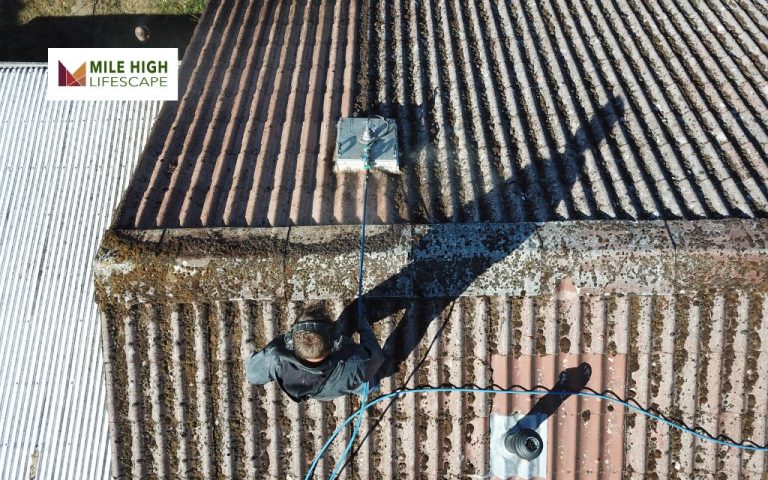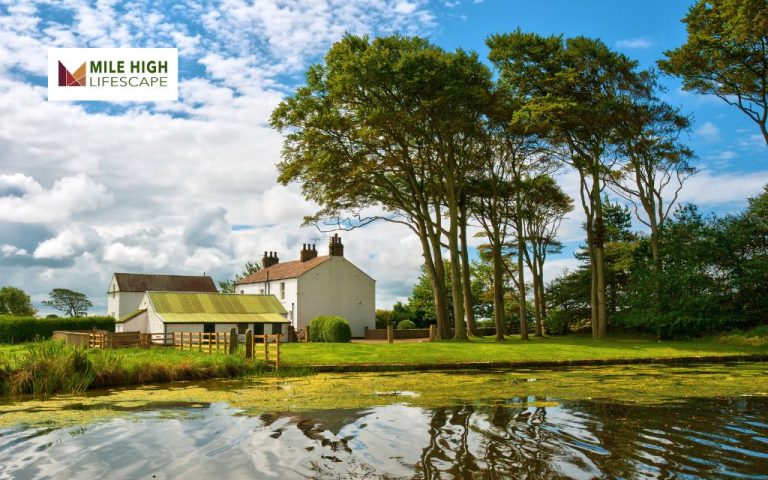Retaining wall cost varies based on size. Smaller walls may cost under $1000, while larger ones can reach up to $10,000. When building a retaining wall, the estimated costs are as follows:
- Treated pine: Expect to pay approximately $250 to $350 per square meter.
- Treated timber sleepers/hardwood: Prices range from $300 to $450 per square meter.
- Sandstone blocks: The cost typically falls between $300 and $550 per square meter.
- Reinforced concrete blocks: Prices range from $400 to $680 per square meter.
- Concrete Besser blocks: Expect to pay around $550 to $700 per square meter.
If you’re looking to enhance the aesthetics and functionality of your garden, a retaining wall can be a valuable addition. It provides practicality and improves the overall appearance of your backyard.
With various materials and styles available, you have the flexibility to create a space that aligns with your lifestyle and preferences.
For a better understanding of retaining wall costs, this article aims to provide you with the necessary information.
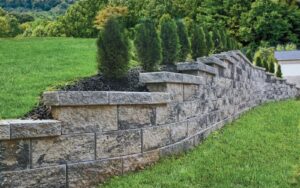
How much does a retaining wall cost?
The cost of your retaining wall will be influenced by several factors, including:
- Materials: The choice of materials, such as treated pine, timber sleepers, sandstone blocks, reinforced concrete blocks, or concrete Besser blocks, will impact the overall cost.
- Size and Scale: The dimensions and extent of the retaining wall project will affect the cost. Larger walls or those covering a significant area will generally incur higher expenses.
- Height: The height of the retaining wall is an important consideration. Taller walls may require additional engineering and structural support, leading to increased costs.
- Design and Additional Requirements: The complexity of the design, including excavation and drainage needs, can influence the overall cost. Special features or customization may also incur additional expenses.
The choice of materials significantly impacts the cost of your retaining wall per square meter.
Here are the approximate cost ranges you can expect for different materials:
- Treated pine: $250 to $350 per sq/m
- Treated timber sleepers/hardwood: $300 to $450 per sq/m
- Sandstone blocks: $300 to $550 per sq/m
- Reinforced concrete blocks: $400 to $680 per sq/m
- Concrete Besser blocks: $550 to $700 per sq/m
The cost of a retaining wall can vary depending on several factors. Smaller retaining walls may cost less than $1000, while larger projects can escalate to around $10,000.
Choosing timber as the material for your retaining wall will generally result in a lower cost. However, it’s important to note that timber has a limited lifespan and may have less structural integrity compared to other options. For enhanced durability, consider treated hardwood, concrete, brick, or stone, which may come with a higher price tag, especially concrete retaining walls.
Keep in mind that additional expenses may arise if your retaining wall requires council approval and structural diagrams, as you’ll be responsible for these costs.
Excavation and drainage requirements specific to your site are also factors that can affect the overall cost.
Quotes for retaining walls typically include materials and labor, with material costs calculated per square meter.
Benefits of retaining walls
In addition to enhancing the visual appeal of your home and yard, retaining walls offer significant environmental advantages. They create an ideal landscape for cultivating plants and vegetables by providing additional space.
Retaining walls play a crucial role in preventing erosion and flooding by effectively managing water flow in your area. Their cost-effectiveness and durability mean that you won’t have to invest heavily in maintenance to keep them in optimal condition.
Types of Retaining Walls
There are various types of retaining walls, each with its own advantages and considerations. Here are some popular materials used for constructing retaining walls:
Timber: Treated pine, hardwood, and railway sleepers are commonly used for timber retaining walls. While they are cost-effective options, they typically have a shorter lifespan compared to other materials.
Concrete: In addition to poured concrete, you can choose from standard concrete blocks and concrete bricks for building a retaining wall. Concrete is known for its durability and offers versatility in terms of finishing options.
Brick: Bricks are a timeless choice for retaining walls. If you have some experience with bricklaying and your wall isn’t too high, you may consider a DIY project. In case the results are not perfect, you can always render the bricks afterward.
Natural Stone: Stacking natural stone boulders can create beautiful retaining walls. Keep in mind that this may take more time and effort, as finding the right fit for each boulder is part of the artistry involved.
Retaining Wall Block Systems: There are pre-designed block systems available that are well-suited for DIY retaining wall projects, offering convenience and ease of installation.
Regulations and Licensing for Retaining Walls
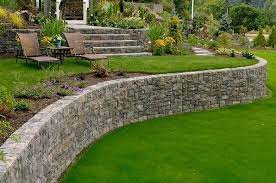
In the United States, regulations and licensing requirements for retaining walls can vary by state and local jurisdiction. Here are some general considerations:
Licensing: Depending on your location, it may be required for retaining wall builders to hold specific licenses. This can vary, and professionals such as builders, landscapers, or bricklayers may be required to be licensed.
Structural Engineer: If the height of your retaining wall approaches a certain threshold, typically around one meter (or as specified by local regulations), it is advisable to engage a structural engineer. Some areas may have specific requirements mandating the involvement of a structural engineer for retaining walls exceeding certain heights, such as 600mm or higher.
Council Approval: Regardless of the height, if your retaining wall is within a certain distance, such as 1.5 meters, from your property line or another building, you may need to obtain council approval. The specific regulations regarding proximity to boundaries can vary, and it’s important to check with the local authorities.
It’s worth noting that the height of the retaining wall is not the sole consideration for involving a structural engineer. The positioning of the wall, particularly if it is on or near a boundary, may also require council permission, irrespective of its height.
Hiring a Retaining Wall Builder
When you’re ready to hire a retaining wall builder in the United States, it’s important to take the time to ensure they are the right fit for your project. Here are some questions to ask during the selection process:
- What qualifications do you have?
- Are you licensed in this state? (Verify their licensing credentials)
- What insurance coverage do you have? (Ensure they have appropriate liability insurance)
- How long will my job take? (Get an estimated timeline for completion)
- Can you provide a written quote? (Request a detailed, written quote outlining the scope of work and cost breakdown)
- Do you have references I can follow up with? (Ask for references from past clients to gauge their satisfaction with the builder’s work)
- Can I see examples of your work? (Viewing previous projects can give you an idea of the builder’s craftsmanship and quality of work)

Getting Quotes from Retaining Wall Builders
Before seeking quotes for your retaining wall project in the United States, take a moment to assess the area where the wall will be constructed. Determine if any excavation is required and anticipate any potential access issues for excavators or material delivery. Additionally, consider if there’s a need to remove trees or boulders, as these factors can impact the overall cost of the job.
With a clear understanding of your project requirements, you can confidently request quotes from local retaining wall experts. This approach increases the likelihood that the initial quotes you receive will align more closely with the actual cost of your retaining wall.
Obtaining quotes from multiple builders in your area is the most effective way to gauge the cost of your project and understand the current market rates.
To potentially reduce project costs, consider identifying aspects of the project that you can handle yourself, such as site preparation or minor tasks that don’t require professional expertise. This can help lower overall expenses while still ensuring the project is completed to your satisfaction.
At Mile High Lifescape, we provide practical and affordable retaining walls services to enhance your landscape.
Our team specializes in building strong retaining walls that prevent soil erosion and create level spaces in your yard. These walls not only improve the functionality of your outdoor area but also add a touch of beauty to your surroundings. Whether you need a retaining wall for a garden, driveway, or sloped area, we have the expertise to design and construct a durable solution that meets your needs.
Trust Mile High Lifescape for reliable and budget-friendly retaining walls that will transform your landscape.
Contact us:
- Address: 1427 S Federal Blvd, Denver, CO 80219
- Hotline: (303) 877-9091
- Email: [email protected]
Read more post:
- All you need to know about swimming pool cleaning
- How to Install Lawn Edging: A Step-by-Step Guide for Crisp Borders
- Landscape Design – Basic Principles

